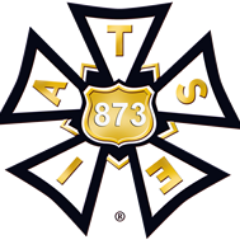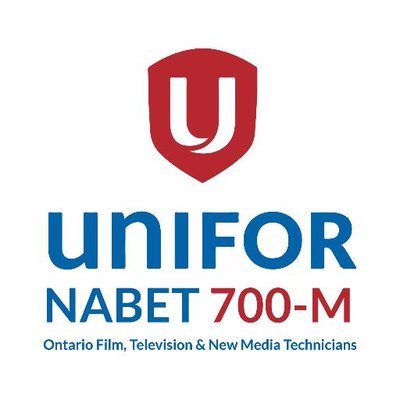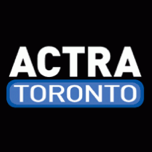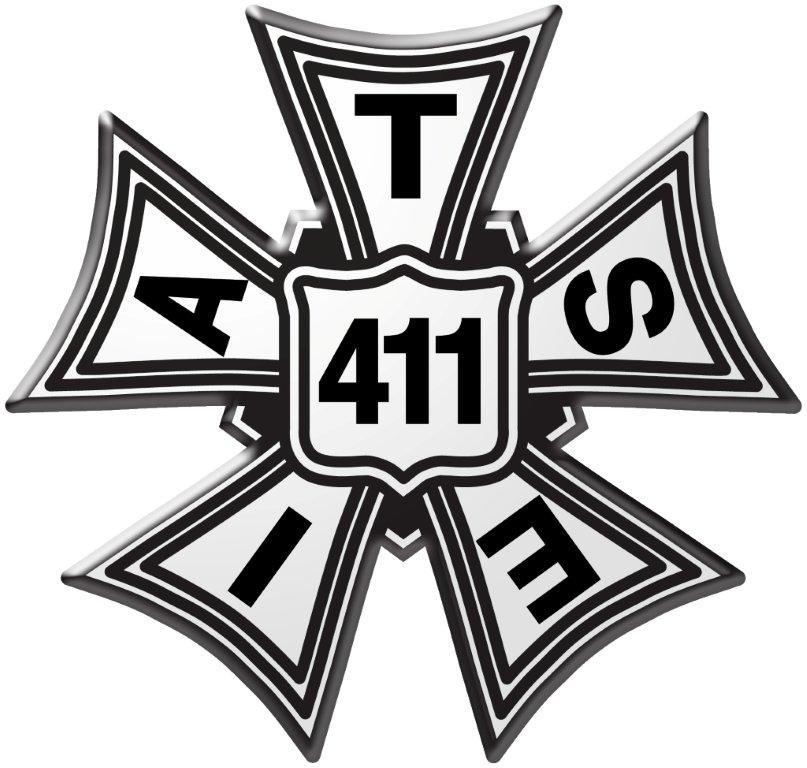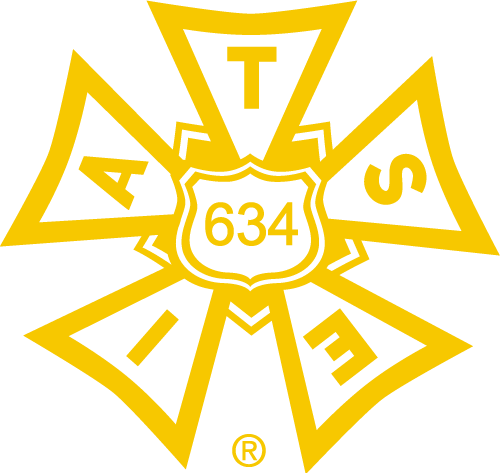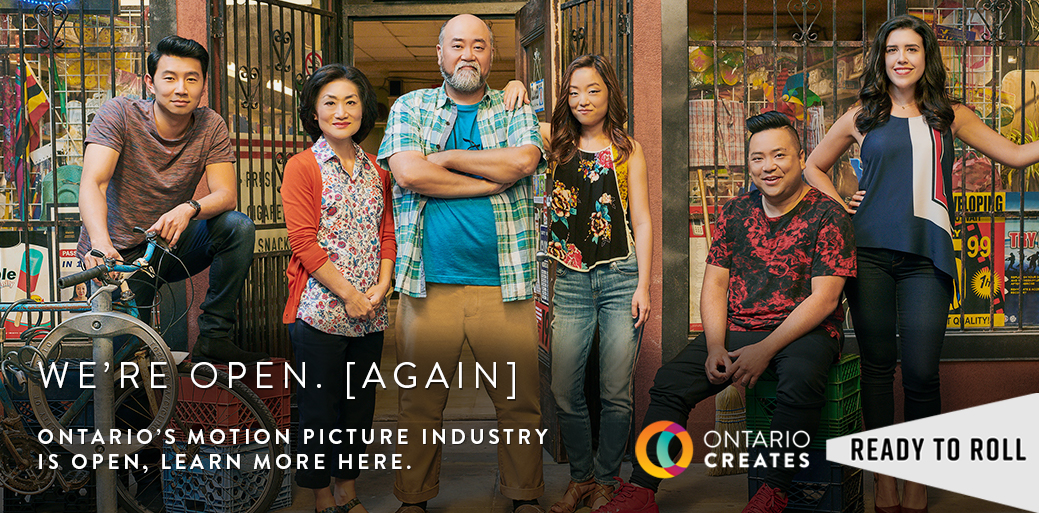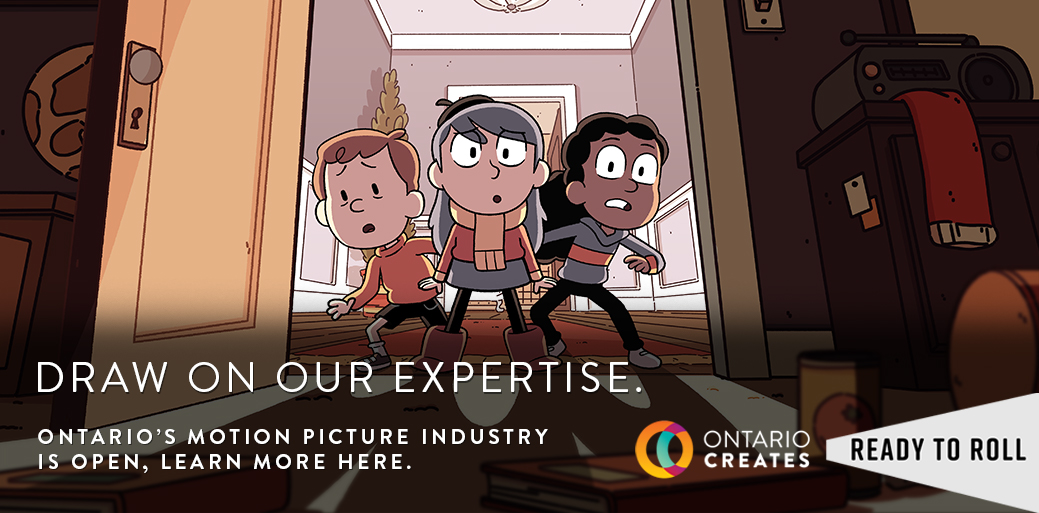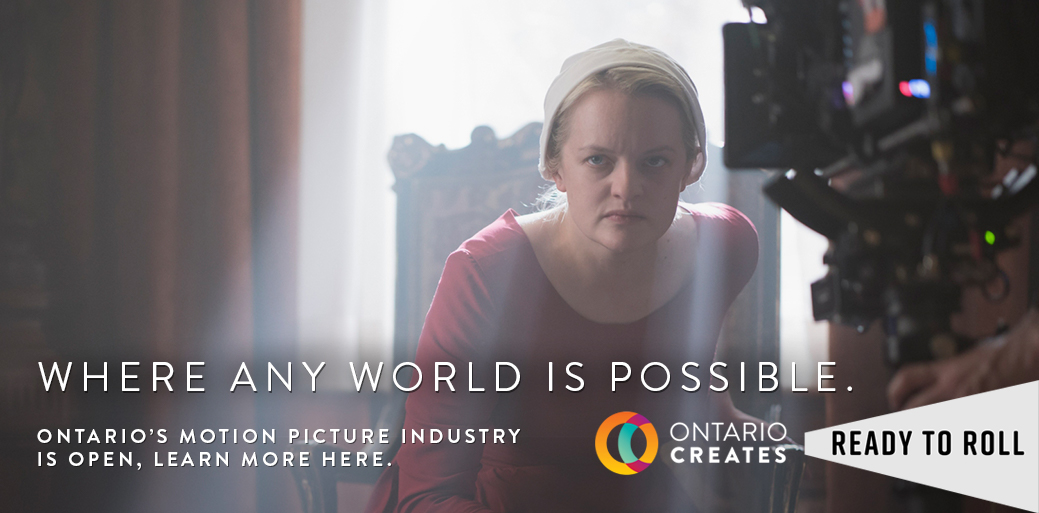ONTARIO’S MOTION PICTURE INDUSTRY IS READY TO ROLL!
The information noted below is designed to assist the Film and TV sector with questions related to the reopening of Ontario’s film industry. As news is released, we endeavour to provide relevant and timely updates on this page. Please check back on a regular basis for more information. Please note that new information on this page is identified by the pre-expanded FAQ’s below.
The Ontario Film Commission is here to assist you and can be reached at filmcommission@ontariocreates.ca for further questions.
ONTARIO’S FRAMEWORK FOR REOPENING THE FILM INDUSTRY
Commercial film and television production activities, post production, VFX and animation are permitted to open in Ontario. As of Friday July 16, 2021, Ontario moved into Step 3 of the Reopening Roadmap. This roadmap replaces the previous colour coded response framework and lays out how Ontario is gradually moving towards reopening. The legislative requirements for commercial film and television filming in Ontario throughout Step 3 are as follows:
Media Industries, film and television production: Section 20.
(1) Commercial film and television production, including all supporting activities such as hair, makeup and wardrobe, may open if they comply with the following conditions:
- Persons who provide hair or makeup services must wear appropriate personal protective equipment.
- The number of members of the public permitted to be in the studio audience at any one time must not exceed 50 per cent of the usual seating capacity or 1,000 persons, whichever is less.
- The person responsible for the film or television production must post a sign in a conspicuous location visible to the public that states the studio audience capacity limits under which the production is permitted to operate.
- If there is a studio audience, the person responsible for the film or television production must prepare a safety plan in accordance with section 3.3 of Schedule 1. 5. The person responsible for the film or television production must ensure that the production operates in accordance with the guidance document titled “Film and television industry health and safety during COVID-19» issued by the Film and Television Health and Safety Advisory Committee of the Ministry of Labour, Training and Skills Development, as amended from time to time. (2)
For greater certainty, for the purposes of this section, the film or television set may be located in any business or place, including any business or place that is otherwise required to be closed under this Order.
You can find the full amended regulations: O. Reg. 520/21: REOPENING ONTARIO (A FLEXIBLE RESPONSE TO COVID-19) ACT, 2020, here.
The Section 21 Health and Safety Guidelines were published on Thursday June 25th 2020 and further revised on January 25, 2021.
The province also recommends that face coverings be used for indoor and/or outdoor gatherings if you can’t safely distance from others.
For work environments that are clearly separated from public spaces, the Section 21 Health and Safety guidelines outlines the recommendations for the use of face coverings at work, click here for more information.
Pharmacies do have a process in place to support bookings for those who do not have a health card- this information is shared in this public document with all the pharmacies: Executive Officer Notice: Administration of Publicly Funded COVID-19 Vaccines in Ontario Pharmacies – Billing (gov.on.ca). Pages 5 – 7 specify that Ontario health cards are not required. If a patient does not have a valid Ontario health card number, a pharmacist can still administer the publicly funded COVID-19 vaccine, provided that the patient provides an alternate identification confirming their name and date of birth.
HEALTH AND SAFETY GUIDANCE
The guidelines were created by the Section 21 Film and Television Health and Safety Advisory Committee, a public and private advisory body to MLTSD, pursuant to Section 21 of the Occupational Health and Safety Act (OHSA). The committee advises on Safety Guidelines for the Film and Television Industry in Ontario which are meant to assist employers/producers, supervisors and cast and crew in the industry in determining ways to best comply with their obligations as set out under the OHSA.
Committee representatives include experienced advisors, both domestic and foreign, from all aspects of the motion picture industry. The committee is comprised of unions, guilds, producers associations and municipal and provincial government representatives representing film, television and commercial production. These entities have worked hand-in-hand with MLTSD throughout the drafting process.
The guidelines offer non-prescriptive and scalable protocols, providing productions of any size with a foundation for safe return to work protocols. The guidelines contain general and department specific recommendations and resources. Each production will need to determine their own specific implementation plan and have this in places of employment.
The guidelines have been hosted on www.filmsafety.ca. For general COVID-19 compliance questions, please contact Ontario’s Health and Safety Contact Centre at webOHS@ontario.ca.
Full document available here (updated January 25, 2021): FILM AND TELEVISION INDUSTRY HEALTH AND SAFETY DURING COVID-19 (PDF)
WATCH: “WE ARE PRODUCTIONS” FEATURING PAUL SUN-HYUNG LEE
PERSONAL PROTECTIVE EQUIPMENT, TESTING AND PANDEMIC SERVICES
Small and medium sized organizations can also access free rapid antigen tests through a participating Chamber of Commerce, the Creative Destruction Labs’ Rapid Screening Consortium, or through local pharmacies, though a handling fee may be charged for tests acquired through pharmacies.
It should be noted that rapid antigen testing should not be used as a tool for people to return to work who could otherwise work from home, and does not replace other measures required to control the spread of COVID-19 (such as symptom screening, physical distancing, mask wearing, and hand hygiene).
For more information please visit ontario.ca/testingonsite.
The Ministry of Health has allowed licensed private community laboratory providers to conduct polymerase chain reaction (PCR) tests. Film and television productions who wish to arrange their own private testing regime should contact a private, licensed clinical laboratory authorized to perform this testing. Please see this letter of approval for more details.
The following laboratories are licensed for private testing:
| Community Lab | Contact Information |
| Alpha Laboratories Inc. | gerard.kennedy@alphalaboratories.ca |
| LifeLabs | Charles.Brown@lifelabs.com |
| Dynacare | McCulloughL@dynacare.ca |
Licensing and accreditation are both necessary to ensure laboratories and collection centres are operating in a quality and competent manner according to international standards. This ensures results are accurate and reliable and the testing process is safe to the public.
Certain regulated health professionals (physicians, in this case) may collect a specimen or conduct a test without being licensed as a specimen collection centre or a laboratory because they are exempt from the licensing requirements of the LSCCLA. The oversight of these activities undertaken by a regulated health professional would be with their respective regulatory colleges (e.g. CPSO for physicians).
Specimens must be collected by a licensed specimen collection centre in Ontario, or by a health professional authorized to collect specimens without a licence under the LSCCLA. The specimens are then sent to a licensed Ontario laboratory, which may send the specimens out of country for processing.
The licensed Ontario laboratory is responsible for meeting necessary legislative and regulatory requirements under the LSCCLA, Health Protection and Promotion Act, Personal Health Information Protection Act, 2004, Regulated Health Professions Act, 1991, and all other applicable legislation.
Certain regulated health professionals (physicians, in this case) may collect a specimen or send it out of province or out of country for testing. In this scenario, the physician is responsible for meeting necessary legislative and regulatory requirements listed above.
TRAVEL AND BORDERS
Individuals who are not fully vaccinated are able to enter Ontario, provided they follow the current quarantine requirements.
For further travel guidance, please visit travel.gc.ca/travel-covid.
Measures in place for foreign nationals in the film and television industry
GOVERNMENT SUPPORTS AND MITIGATION EFFORTS
Ontario Production Services Tax Credit Calculation Tool
Ontario Film and Television Tax Credit Calculation Tool
- File reviews will not be held up if the administration fee has not yet been received. As cheques cannot be processed at this time, applicants are requested to register for e-payment here: electronic payment.
- Where electronic payment is not possible and file reviews are complete, Certificates of Eligibility will be issued subject to applicants acknowledging, in writing, their obligation to pay the outstanding administration fee. Subsequent applications (submitted after return to normal business) from the company and their associated companies will not be processed until the outstanding administration fees are paid.
- Refunds of tax credit administration fees will only be available by electronic payment.
- Certificates cannot be picked up at this time. Applicants and CRA will be notified electronically when certificates are issued, including the certificate number for reference. Physical certificates will be available upon return to normal business.
- Applicants are asked to upload video/sample production content for film and television credits or the digital version of a book for the OBPTC, instead of providing physical copies where it is an eligibility requirement. Where this is not possible because of size restrictions (limit of 35-40MB), certificates will not be withheld; the content should be delivered upon return to normal business.
- Where possible, Tax Credit business processes have been temporarily modified to streamline reviews and fast-track certifications.
- The Canada Revenue Agency has also implemented strategies to expedite the review of Film & Media tax credit applications which have been certified by Ontario Creates.
- General Tax Credit enquiries should be sent to taxcredits@ontariocreates.ca
Flexibility on delivery dates will be provided where events, projects or initiatives must be postponed due to COVID-19. In all cases, please contact your Ontario Creates program consultant to discuss the specifics of your circumstances and contract deliverables. Flexibility and leniency will be provided to the extent possible.
STUDIO SPACE AND LOCATIONS
Our consultants have combed through our Location Library for locations across the province that offer a large footprint to producers. These are just a handful of the 9,000 locations in our Location Library. Our production consultants are on standby to receive your scouting requests. Please email locations@ontariocreates.ca for assistance.
Large Controllable Spaces Part 1
Large Controllable Spaces Part 2
Large Controllable Spaces Part 3
Ontario’s Studio List (.XLSX Excel spreadsheet download) contains over 3,900,000 square feet. The Ontario Film Commission team is available to assist with studio space searches. Please contact us at filmcommission@ontariocreates.ca for assistance.
Please return to this webpage for more information about new film friendly municipal, regional and provincial locations.
PROFESSIONAL DEVELOPMENT AND LEARNING RESOURCES
In partnership with the Ottawa Film Office, the Ontario Film Commission has worked with Ontario’s unions, guild and associations to identify nearly 200 professional development opportunities, health and well-being resources, and live streaming webinars for Ontario’s film workers. Please visit our Learning Hub for more information.


